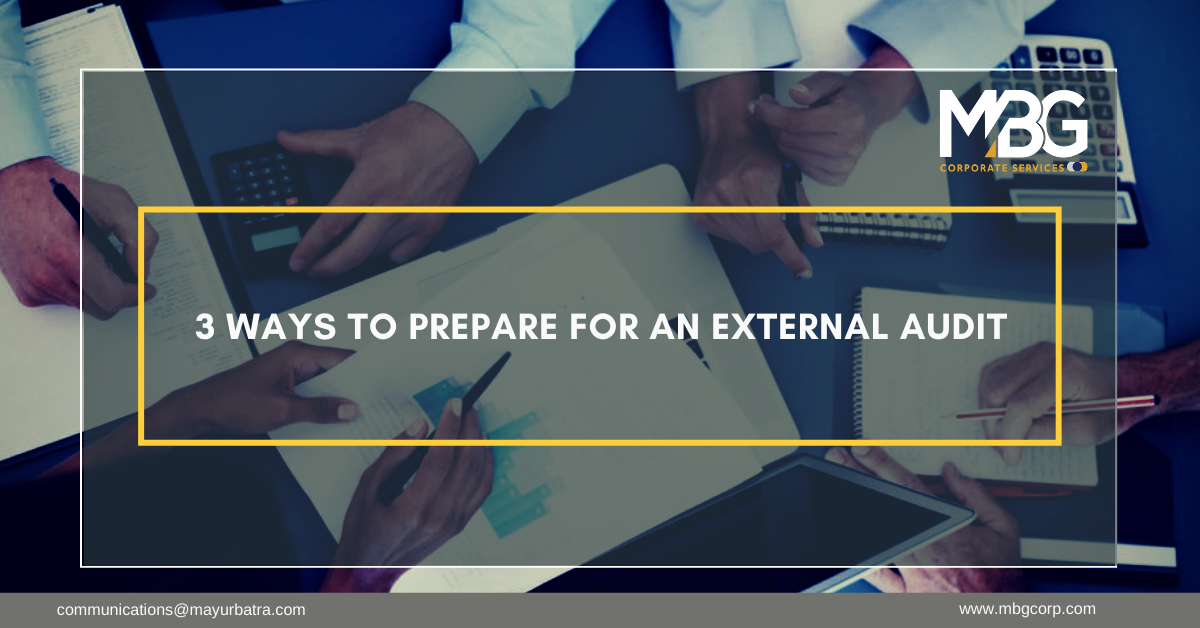
The audit team in MBG Corporate Services is committed to providing exceptional service quality, which goes far beyond regulatory demands for greater disclosure and aims to increase transparency and build confidence.
We adapt our audit services to fit the clients’ unique requirements, understanding we have a responsibility to continue our work in building trust in corporate reporting.
Qualified professionals who have a breadth of experience and to whom we provide the best available ongoing personal and professional development maintain the quality of our audit.
If your company issues audited financial statements and follows a calendar year end, the following steps are a part of your existing external audit preparation procedures. Once the engagement letter is signed, the process begins with preliminary financial statements and possible year-end physical inventory counts.
However, audits can be complicated, so taking time to additionally streamline your auditor’s fieldwork can make your process smoother:
1. Prepare
Anticipating your auditor’s document requests and inquiries is important. Auditors will typically ask you to provide similar documents every year. Auditors accept copies or client-prepared schedules items, such as bank reconciliations and fixed asset ledgers. To verify other items, such as leases, invoices and bank statements, they will want to see original source documents.
Where your auditor will change their request annually is in the sample of transactions selected (randomly) to test your account balances. The element of surprise is important because it keeps bookkeepers honest.
Prepare for audit inquiries by comparing last year’s financial statements to the current ones. Your auditor is likely to ask questions about any line items that have changed materially. As an example, a “materiality” rule of thumb for small businesses might be to inquire about items that change by more than, say, 10% or $10,000.
2. Review adjustments
Reviewing the adjustments your auditors made at the end of fieldwork the previous year will help give you an idea of what you need to adjust before they arrive this year. These adjustments might include correcting for accounting errors, unrealistic estimates and omissions. Your internally prepared financial statements might need similar adjustments, year after year, to comply with IFRS.
You can also reduce audit adjustments by asking your auditor about any major transactions or complicated accounting rules before the start of fieldwork. For instance, you might be uncertain how to account for a recent acquisition or classify a shareholder advance.
3. Plan ahead
With just a little advance preparation, an external audit, and the corresponding audit fieldwork, will run smoothly and efficiently, with minimal disruption to your day-to-day business.
Our team of experts will help you identify the best option that services your business.
Contact us to know more











